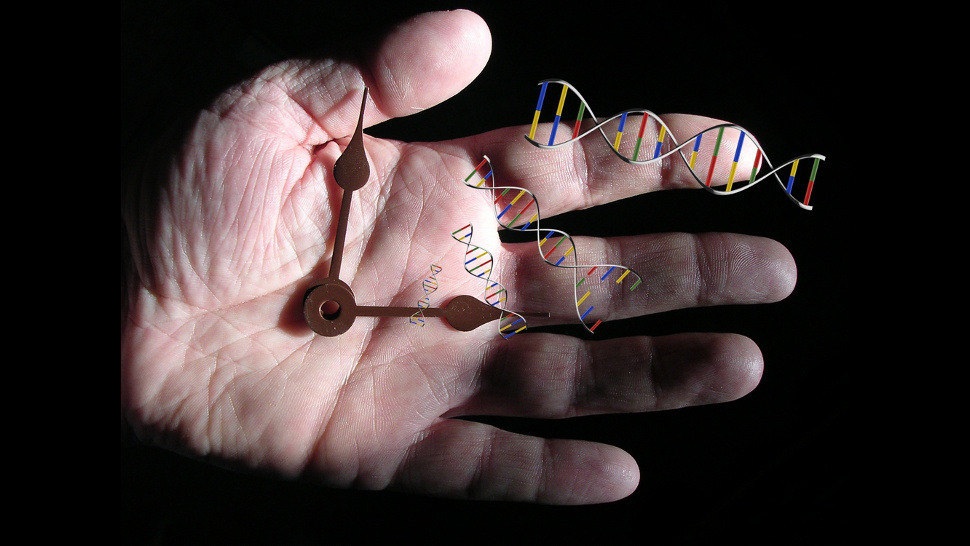Many factors may influence our lifespan, for example whether to diet, exercise or smoke. Some of the relationships are clear; however, some are not. Even with certain connections, the precise lifespan still cannot be told.
Will you be interested in if there is a molecular clock inside you which can predict how longer you will live? Scientists have identified a biological clock that could help predict a person’s lifespan by analyzing DNA methylation, a chemical change in DNA.

Photo credits: Google image
Researchers from the University of Edinburgh, collaborating with scientist in Australia and the US found that certain chemical changes to our DNA which accumulate over time can be used to predict our lifespan. With further study, scientists found that the difference between estimated age and a person’s real age can be used as a “DNA clock” to predict people’s age. In order to calculate an individual’s DNA clock, researchers compared the volunteer’s actual age with the age shown by methylation in their DNA. Based on information collecting in 14 years, scientists reported that those whose biological age was greater that their actual age were likely to die sooner than those whose biological and chronological age were the same.

Photo Credits to Google image
“At present, it is not clear what lifestyle or genetic factors influence a person’s biological age. We have several follow-up projects planned to investigate this in detail.”
—Dr. Riccardo Marioni, who is a member in the research team
From previous studies, factors like lifestyle and environmental influence may change the degree of DNA methylation.
“This new research increases our understanding of longevity and healthy aging,” lead scientist Professor Ian Deary said in a news release. “It is exciting as it has identified a novel indicator of aging, which improves the prediction of lifespan over and above the contribution factors such as smoking, diabetes and cardiovascular disease.”
In other related study posted on Nov.2014, Russian scientists believe they’re able to extend our lifespans with new miracle drug.
by Xindi Wang

One response to “How Long Will You Live? A “DNA Clock” May Give You the Answer”